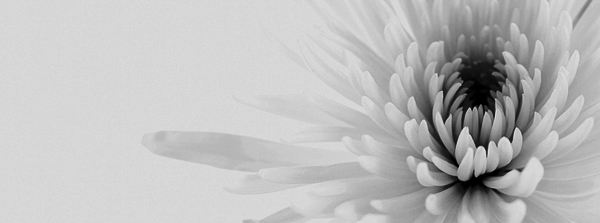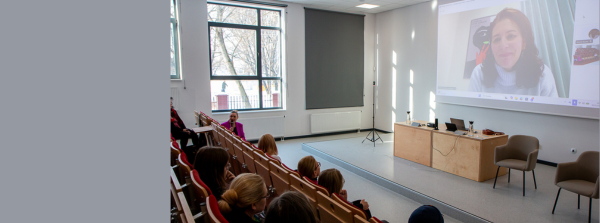Note about the book:
From a review by Prof. Anna Odrowaz-Coates, UNESCO Janusz Korczak Chair in Social Pedagogy:
"Our Home: Janusz Korczak’s Experiments in Democracy, prepared by a researcher from University College London (UCL), Basia Vucic and Zuzanna Sękowska, graphic artist and researcher from the Institute of Polish Culture, makes a significant contribution to contemporary social sciences, in particular to the history of education, understanding Korczak’s educational philosophy and to the sociology of culture. It is a unique item in the area of historical and biographical works devoted to the profile and legacy of Janusz Korczak. Its pioneering character reflects in the fact that for the first time, Korczak is presented in the context of influential women of the era, in whose company he mixed and with whom he undertook lively debates. Although it might seem that everything has already been written about Korczak and it is impossible to present him in a different new light, this book is proof that this is not true. The authors have managed a unique and attractive presentation for readers. The book contains separate threads related to the restoration of independence in Poland: revolutionary themes, the rhetoric of liberation and topics associated with the political science of democracy. All of which Korczak introduced in embryonic practice within an orphanage. The authors prove the outstanding influence of women on Korczak’s activities. He is presented within his historical period and against the background of his city - pre-war Warsaw, which introduces readers to its unique atmosphere and context. The authors sometimes return to the prehistory of Poland, to its legends and fairy tales for children. The advantage of the broad scope of this work is not only within its innovative nature but also its accessibility and excellent graphic design, which will undoubtedly contribute to popularisation for scientific study. All photographs used come from archival sources, and the authors have obtained official consent to use them in their book. The individual chapters form a logical and coherent whole, giving an interdisciplinary and in-depth insight into Korczak’s times and his inspirations..."
 EN
EN



